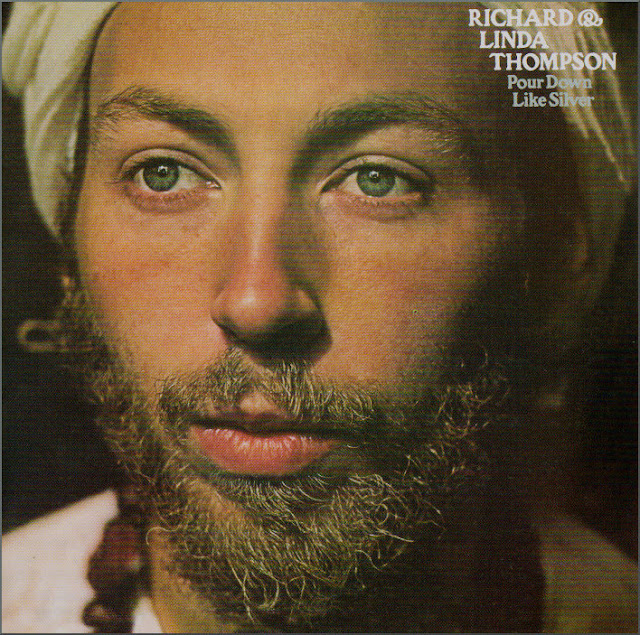You simply can't talk about these things today
'What perplexed Britten was not his sexuality per se - he never concealed himself in a sham marriage, and sustained a loving relationship with Pears for more than half his life - but his longing for the company of underage males'.
Alex Ross in The Rest Is Noise
'"The notion at its heart is of innocence v experience," says Kildea. "We tend to say that innocence is the right path and experience is bad. And what Britten plays with here is, what if experience were part of a portal into adulthood? If this is part of a child becoming a man, what value judgment do you place on it?"
This is dangerous territory. "You simply can't talk about these things today," says Kildea. "If you're talking about experience, it comes down to pedophilia. Let's not call it child abuse. Let's call it what it is. Rape. And the power imbalance between adults and children. But what if the power imbalance is driven by the child? That is a curious and murky area."
Unsurprisingly, Kildea cites Bill Henson, whose darkly suggestive photographs of children caused a furore when they were to be exhibited in Sydney two years ago. "I thought the political response to that was really embarrassing," says Kildea. "In fact they were rather beautiful photographs. At the same time we have a cardinal in Australia who thinks that a lot of what has gone on in Catholic schools is something of a press beat-up. And the government says nothing."'
Paul Kildea interviewed in The Australian June 2010.
One of Bill Henson's controversial photographs is used in my header montage. Paul Kildea's Britten and English culture is published by Penguin in February 2013. More on that dangerous territory here.
Also on Facebook and Twitter. Bill Henson image via Loon Pond. Any copyrighted material on these pages is included as "fair use", for the purpose of study, review or critical analysis only, and will be removed at the request of copyright owner(s). Report broken links, missing images and errors to - overgrownpath at hotmail dot co dot uk











Comments
But Kildea also says that this would be pedophilia and rape. I certainly would not argue with the latter, but I am doubtful if Britten was a pedophile. The age of the boys involved -- Hemmings was 13 when cast in The Turn of the Screw -- suggests rather that Britten straddled hebephilia and ephebephilia: an attraction to pubescent and adolescent boys. This is no hair-splitting. The roots and possible causes of the three are different, and thus too possible treatment, as debates over the inclusion of hebephilia and ephebephilia in the DSM make clear.
It's a bit puzzling that, having stated that the subject under discussion is a matter of pedophilia and rape, Kildea then raises the notion of the power-imbalance being driven by the youth, an idea not so much a "...curious and murky area" as exceedingly dubious and rather in contradiction of his comment re pedophilia and rape.
I have always been rather puzzled by the devotion of friends and assistants to Britten -- Imogen Holst gave him a good part of her life. His notorious dropping of people who did much for him because their utility ran out or they gave some mysterious offense does not suggest an endearing personality, and I detect a vicious streak. But I think his sexuality deserves a much tighter, less loosely speculative analysis that Kildea provides here, and so too do the issues involved in general, for their precise nature and concomitant damage are a serious business indeed.
In fairness to Paul Kildea, there has, as yet, been no promotional material released about his Britten book. I simply found that interview by searching online.
But what is interesting in view of your comment is that Aldeburgh Music are backing Kildea's book. It came to my attention via a mailing from them which describes Kildea as "author of a hotly-anticipated new Britten biography" and he is talking at Aldeburgh as part of the centenary celebrations.
But to my knowledge there is no display of Bill Henson photographs at Snape...
Since at least 2006, it has been alleged by several underage boys that a well-known Scandinavian musician has engaged in inappropriate conduct in that musician’s home country. Because of the allegations, the musician was obliged to step down, very quietly, from a summer youth academy he had personally founded (although the musician’s sister remains in charge).
Only a couple of weeks ago, this very same musician had to cancel at the last minute a scheduled concert with his country’s youth orchestra because of fresh allegations. After a week of rehearsals with this musician as guest conductor, it was announced the evening before the concert that the artist had “pneumonia” and would not be able to appear.
The artist had a remarkable recovery, because two days later he was rehearsing in Germany, followed by a concert the very next day. The cover story—“pneumonia”—had obviously been a fabrication.
In another ten days, this same artist will appear in a South American country with that nation’s youth orchestra.
And yet no one wants to talk about any of this, least of all the news media—although, in fairness, newspapers in the musician’s home country have, very slyly, hinted at the goings-on.